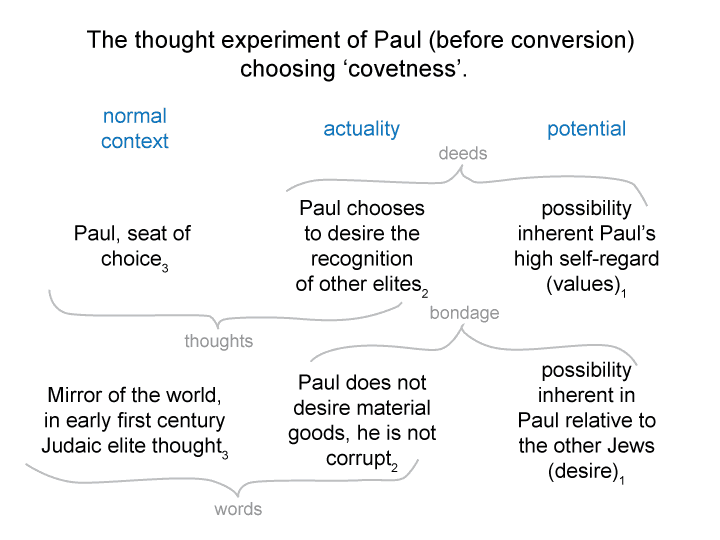Man and Sin by Piet Schoonenberg (1964) 2.3 LK
[Consider histories of Franklin Roosevelt written in the 20th century (7700s U0’).
Not one assessed the economic consequences of Roosevelt’s tragic and capricious presidential leadership.
The Federal Reserve Board caused the Great Depression.
Roosevelt did nothing to stop their madness.
He enhance the Great Depression by supplementing economic with political uncertainty.
Why did America not fall into revolution?
The common folk were still Christian.]

